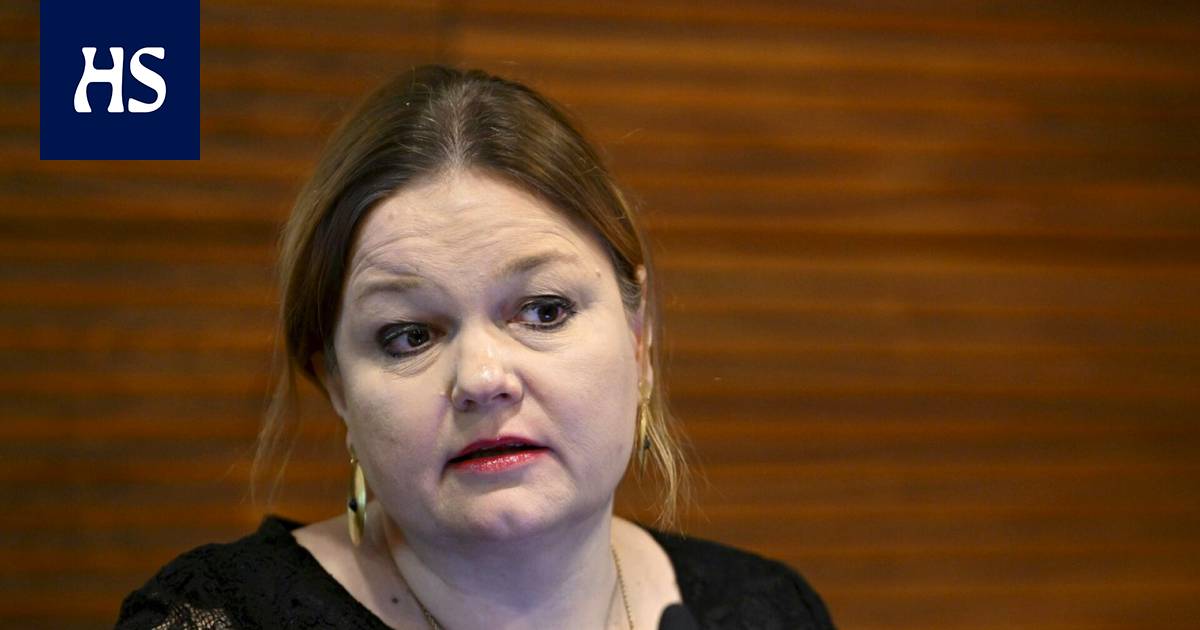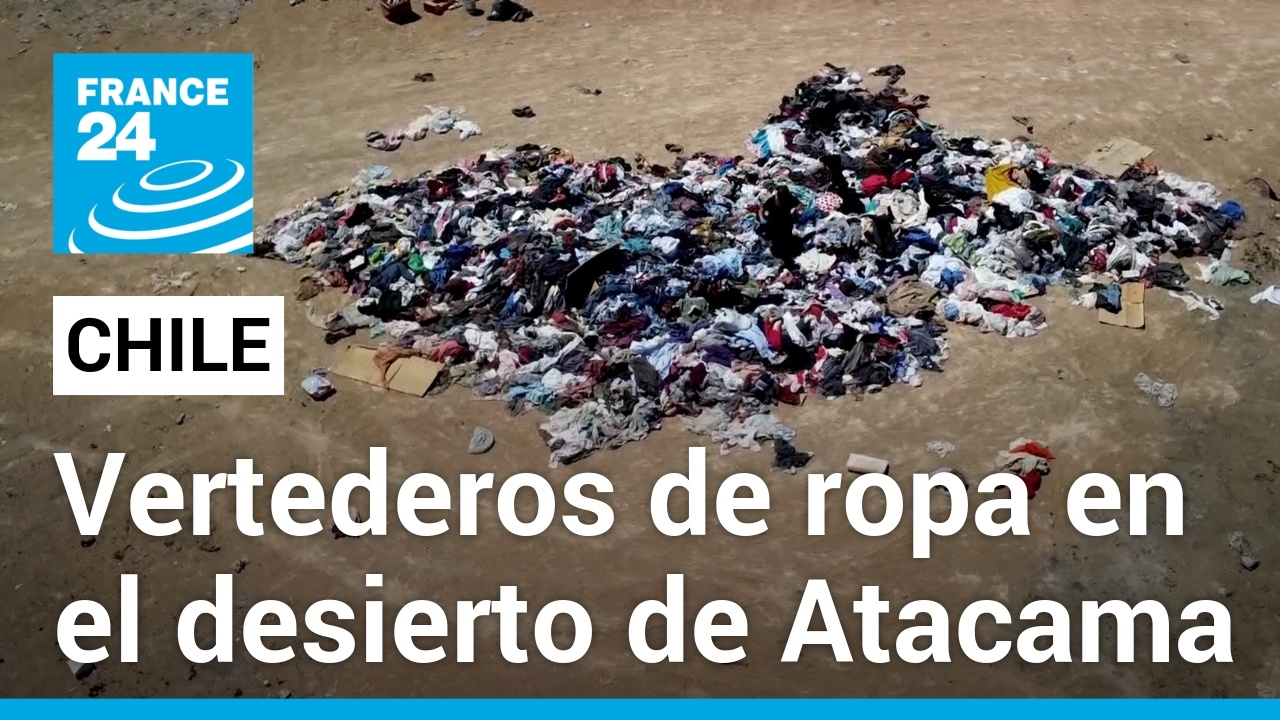Policy|Health care
Kiuru points out that many health care personnel are sick now, and there is less protection against corona than in previous years.
Joint duty congestion has raised concerns in various parts of Finland. On Friday, the situation was discussed by the Minister of Family and Basic Services Krista Kiurun (sd) at the event, which was attended by persons responsible for specialized medical care, basic health care and social care services from future welfare areas.
According to Kiuru, the meeting made it clear that the same challenges exist throughout the country, even though the situation in southern Finland is more difficult than in the north.
“Yes, the situation is serious. Precisely because the supervising authorities have also drawn attention to the fact that patient safety is being compromised,” Kiuru tells STT.
According to him, the situation everywhere is a continuation of the backlog of emergency rooms that started already in the summer. It was hoped that it would get easier at the end of the summer holiday season, but this did not happen, instead the situation got even worse. Already in August, a crisis meeting was organized on the issue by the then Minister of Family and Basic Services Aki Lindénin (sd) under management.
“Unfortunately, not much of the desired changes have been achieved on the field. The biggest challenge we have at the moment is that patients cannot be transferred from the emergency room to further care, and on the other hand, they cannot be returned to primary care beds from specialized care either,” says Kiuru.
Already in August the insufficient number of care places for the elderly was also identified as one of the problems at the meeting. Kiuru says he is worried about whether the 24-hour care places will decrease even more.
“At the moment, there is a big struggle in welfare areas about how many 24-hour care places will be needed in the future. I’m afraid that this development is going in the opposite direction, instead of the rationing of nurses, due to the fact that there is a significant increase in costs in services for the elderly.”
According to Kiuru, another challenge regarding nursing homes is related to the fact that there are very few nurses working there, especially in the evening and at night, and therefore residents who are in poor health are often sent to the emergency room. He says that treatment should come to those who need it more often than currently.
“When the welfare areas start, such mobile units should be created immediately to serve the elderly service units, so that the elderly do not always have to go to the emergency room.”
Emergency services resource problems are also behind the difficult situation. Kiuru talks about the entire care and nursing debt of social and health care, which has been caused in part by the corona era, the nurses’ industrial action, and the shortage of nurses. For example, departments have been closed both for cost-saving reasons and due to staff shortages.
According to Kiuru, the closed units should now be opened as soon as possible.
“This matter cannot be handled by anything other than the fact that we have sufficient funding in the welfare areas so that we do not treat this number of patients in the future with a deficit, but with the funding allocated to it,” he says.
Kiuru has already previously proposed additional money of 700 million euros to finance this care debt.
Corona also brings its own challenges to the current situation of emergency rooms. Kiuru says that he is especially afraid of the situation in the next three weeks, because the holiday season is about to start and the corona situation is likely to get worse.
He points out that there is now a record number of corona patients at the basic level, and there are also very many in special care. At the same time, healthcare personnel have a lot of sick leave.
“My own concern is that we are only very little protected with vaccinations this time compared to previous seasons. Because Corona also puts a lot of pressure on the service system,” says Kiuru.
According to Kiuru help for an acute crisis must be sought from each region’s own challenges. This was the central task given to welfare areas on Friday.
“We hope that immediately after the turn of the year, the management of the welfare areas will take the organization of this emergency service and the related big structural issues seriously. In each region, we will find out how to get rid of these problems in the emergency room,” he says.
Kiuru points out that when the services move to new welfare areas at the turn of the year, there should no longer be various adjustment measures made in the name of sub-optimization in treatment facilities.
At Friday’s meeting, there was a discussion about, for example, increasing the basic level of emergency services.
“Personally, I would hope that Finland would consider whether centralizing emergency services has already gone too far,” says Kiuru.
The next meeting with the welfare regions has already been arranged for January.
“Now we have to do it quickly and a lot.”
#Healthcare #Minister #Kiuru #worried #situation #emergency #services #Christmas #holidays









